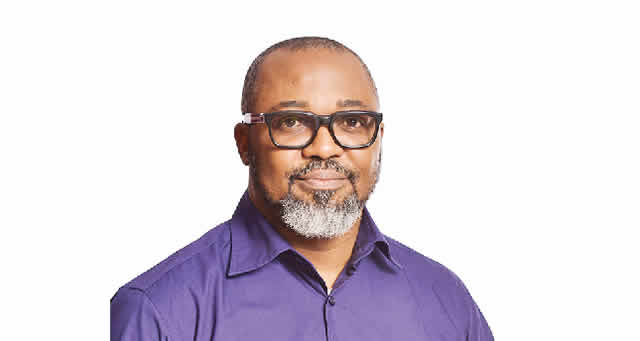The Quiet Demise of a Tariff Challenge: A Nigerian Subscriber Withdraws His Lawsuit Against MultiChoice
The Nigerian legal landscape witnessed the abrupt conclusion of a prominent consumer rights dispute in April 2025. Festus Onifade, a lawyer and long-time subscriber of MultiChoice Nigeria Ltd.’s DStv service, withdrew his lawsuit challenging a price increase implemented by the pay-TV giant. The case, which had garnered significant public attention, centered on consumer protection laws and the adequacy of notice provided by MultiChoice before implementing tariff adjustments. This withdrawal marks an anticlimactic end to a legal battle that had the potential to reshape the relationship between pay-TV providers and their subscribers in Nigeria.
The dispute originated in February 2025 when MultiChoice announced an impending price hike for its DStv and GOtv services, citing economic pressures and increased operational costs. Onifade, affected by the increase in his Compact Plus package, swiftly responded by filing a lawsuit at the Federal High Court in Abuja. He argued that the eight-day notice period preceding the price increase violated Section 128 of the Federal Competition and Consumer Protection Act of 2018. This section mandates that companies provide consumers with sufficient time to evaluate price changes and make informed decisions. Onifade contended that the short notice was unreasonable and infringed upon his consumer rights, particularly considering MultiChoice’s dominant market position as the primary broadcaster of popular sporting events like the English Premier League and other European football leagues.
Onifade’s legal challenge also drew upon a previous legal battle between MultiChoice and consumers over a 2022 price hike. In that instance, a tribunal ruled against MultiChoice, but the company appealed the decision, citing procedural irregularities and jurisdictional issues. Onifade argued that this pending appeal should have precluded any further tariff adjustments until the matter was resolved. His lawsuit sought various legal remedies, including a declaration that the eight-day notice period was unlawful, an injunction to suspend the price increase, and N22 million in damages and legal costs.
Despite the gravity of the allegations and the potential implications for consumer rights, the case concluded without a definitive legal ruling. On April 7, 2025, Onifade filed a notice of discontinuance, effectively withdrawing his lawsuit against MultiChoice and the Federal Competition and Consumer Protection Commission (FCCPC). The notice offered no explanation for the withdrawal, leaving the public and legal observers to speculate about the reasons behind this sudden decision. The court documents show that the discontinuance was signed not only by Onifade but also by his colleagues, Sa’adah Abdulmalik and Ahmad Usman Ahmad, adding another layer of intrigue to the case’s conclusion.
The withdrawal of the lawsuit leaves several unanswered questions. While the court had given MultiChoice and the FCCPC until March 29 to respond to Onifade’s claims, no documented responses were filed before the price increase took effect on March 1. The lack of official responses and Onifade’s subsequent silence about the reasons for the withdrawal fuel speculation about potential out-of-court settlements or other factors that may have influenced his decision. As of the reporting date, neither MultiChoice nor the FCCPC had issued any public statements regarding the case.
This unresolved legal challenge highlights the ongoing tension between pay-TV providers and consumers in Nigeria, particularly concerning pricing practices. MultiChoice, a subsidiary of South Africa’s MultiChoice Group, holds a significant market share in the Nigerian pay-TV sector. Frequent price increases, coupled with declining purchasing power among Nigerian consumers, often spark public outcry and legal challenges. Onifade’s initial legal action, despite its ultimate withdrawal, underscores the growing awareness of consumer rights and the willingness of individuals to challenge perceived unfair practices by dominant market players.
The abrupt ending of this legal battle leaves a void in the ongoing discussion about consumer protection and fair pricing practices within the Nigerian pay-TV industry. The lack of a court ruling prevents the establishment of a legal precedent that could have clarified the interpretation of consumer protection laws and the rights of subscribers in challenging price hikes. While Onifade’s case may be closed, the underlying issues it raised remain relevant and could resurface in future disputes. The Nigerian pay-TV market continues to be characterized by a dynamic relationship between providers and consumers, with pricing remaining a contentious issue. The outcome of this case, while inconclusive, may still influence future legal strategies and consumer advocacy efforts in this evolving landscape.














